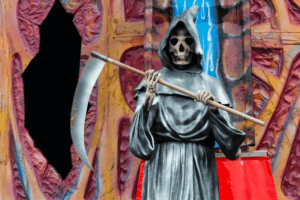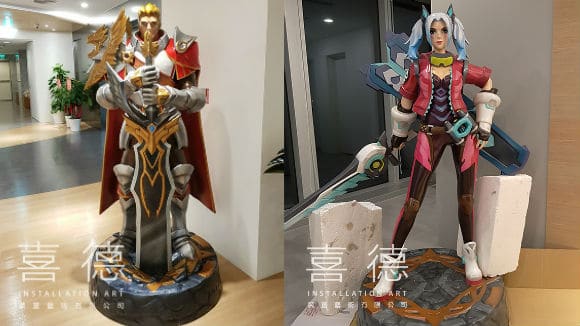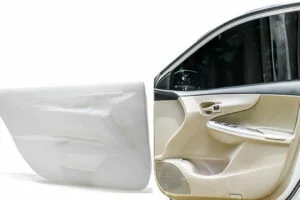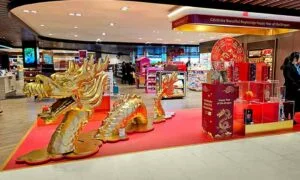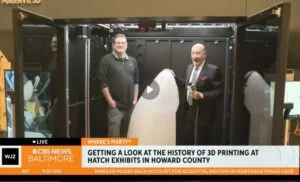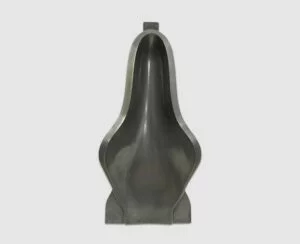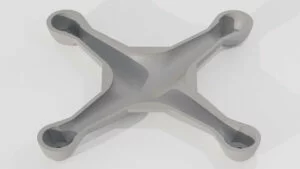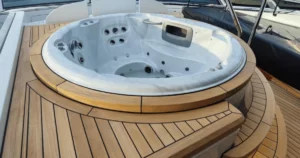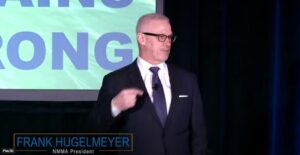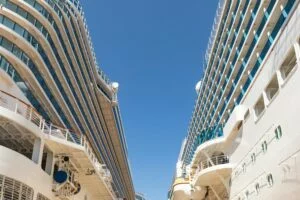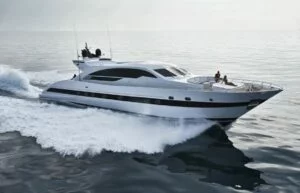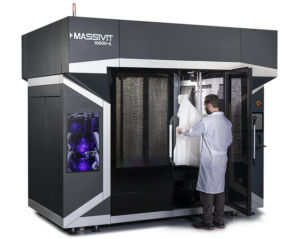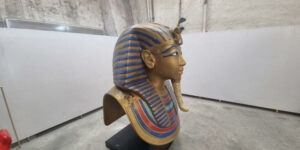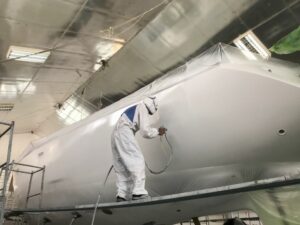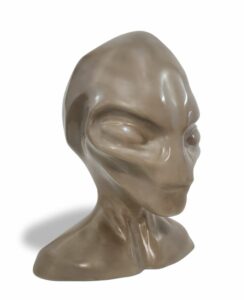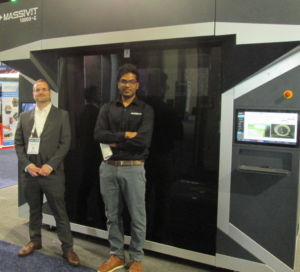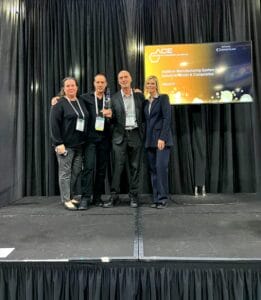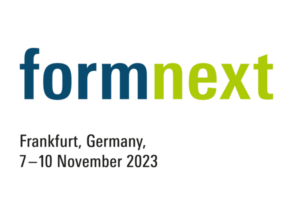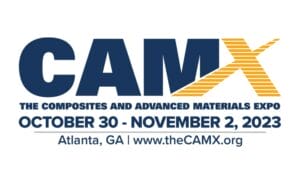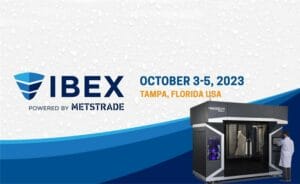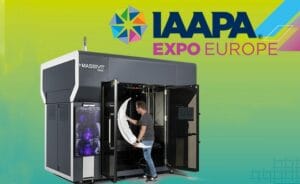Two Eureka Moments In Scenic Fabrication For Entertainment and Theme Parks
Ever since the first Greek stage show prop fabrication and scenic fabrication has evolved. Arguably one of the most impactful events was Adolf Appia installing three-dimensional and multi-tiered sets, unifying the scenery with the acting.
This moment in the early 20th century upgraded the importance of scenic fabrication and set the stage, if you will, for the future of the scenic fabrication industry.
Theme parks also experienced a eureka moment. It occurred when one man in California fulfilled his vision.
Props in Theme Parks
The amusement industry has been using props and characters for over a century, long before the modern era’s “theme parks.” The use of props has evolved and grown with the overall industry; however, the biggest change for most observers would be the dawn of the theme park itself. This occurred with the development of the original Disney park, Disneyland, in Anaheim, California.
What Walt Disney did was to organize Disneyland into thematic “Lands.” This lent greater importance to props that enhanced the rides and amusements by creating immersive, themed environments that tell, or continue, a story.
Today, teams of engineers, or, Imagineers as the case may be, blend established set design and prop skills derived from the filmed motion picture industry with the amusement industry.
The Art of The Find: Props for Stage and Motion Pictures
There are three ways to obtain a needed prop or piece of scenery for a stage show or motion picture:
- Find it.
- Buy it.
- Make it.
Finding the prop and buying it go hand in hand. This is the simplest solution. But, oh boy, finding that prop can be a time-consuming task. Even with the internet, it can take many, many hours to find and obtain the right prop — one copy of the right prop, that is. (It’s smart to have backups, right?)
The other solution is to manufacture the prop or scenery. Depending on how it will be used and for how long a time period, there are options for manufacturing props for stage and screen.
Advancements in carpentry, CNC milling, and even foam sculpting have improved the prop-making and scenic fabrication process. But the process is still long, messy, and can be tedious. And deadlines are getting shorter! Plus, let’s not forget that current technologies still have limits on size and shapes.
[Cue the music for the super-hero entrance]
3D Printing To The Rescue
Scenic studios and theme park designers around the world are finding Massivit 3D printing to be the new answer to scenic fabrication. Massivit 3D printers:
- Print objects, creatures, and people in hours
- Are not limited in the size they can print
- Can produce any shape
- Produce customized props exactly as you need
- Easily produce multiple identical copies of props or multiple variations
Media Resources is not a scenic fabrication studio, but they got their break into motion pictures with this giant prop. The film IT: Chapter Two, based on the novel by Stephen King, was being shot in nearby Toronto.

The crew needed a 26 foot (7.9 m)-tall Paul Bunyan prop. They stopped by Media Resources and asked if they could help. With their Massivit 1800’s radical-speed 3D printing and zero restraint on size or shape, Media Resources delivered.
Let’s cross the Atlantic Ocean and visit Colorzenith in Milan, Italy. They also do not fit the description of scenic studio, but they 3D printed a 1950 convertible Lancia Aurelia B24 for the Italian opera.
Realizing the car would be very difficult to find, complicated to deliver, and too heavy to lift in the air to fulfill the prop’s purpose, the opera company called Colorzenith for their Massivit 1800.
Colorzenith 3D printed the car in 96 hours then sanded it, painted it, and watched it soar through the air in the Italian opera.
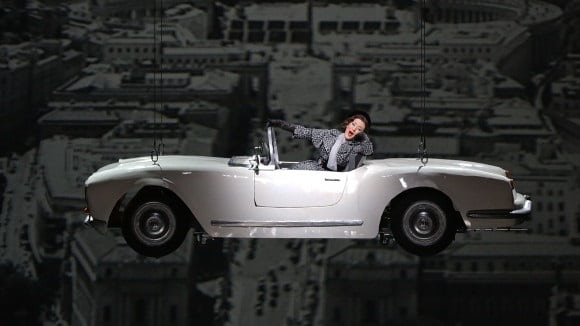
Heading further east to Taiwan, SID Installation Art 3D printed this lifesize Monkey King and characters.
3d printed Monkey King by SID Installation Art
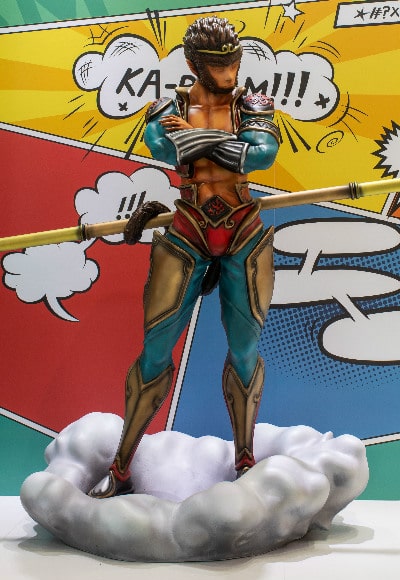
3D printed Garena characters by SID Installation Art
Weta Workshop Installs The Massivit 1800 3D Printer
Now let’s head to New Zealand’s Weta Workshop, famous for their work for The Lord of the Rings and The Hobbit motion picture trilogies as well as Avatar, King Kong and others. Weta Workshop installed the Massivit 1800 and here is what Richard Taylor, the Co-founder, CEO and Creative Director, had to say:
“For 15 years, we have dreamed of a day when a printer would provide super-large scale, speed, and build strength at low print costs, in equal measure. The Massivit 1800 has delivered this for us.
With the Massivit 1800, our team has been able to redefine what is creatively possible for our large-scale manufacturing projects. It is a powerful and versatile machine that has transformed the way we work and has supercharged our output.” -Richard Taylor, CEO & Creative Director, Weta Workshop
In Australia, SEEN Technology 3D printed a series of giant mushrooms to set the scene here.
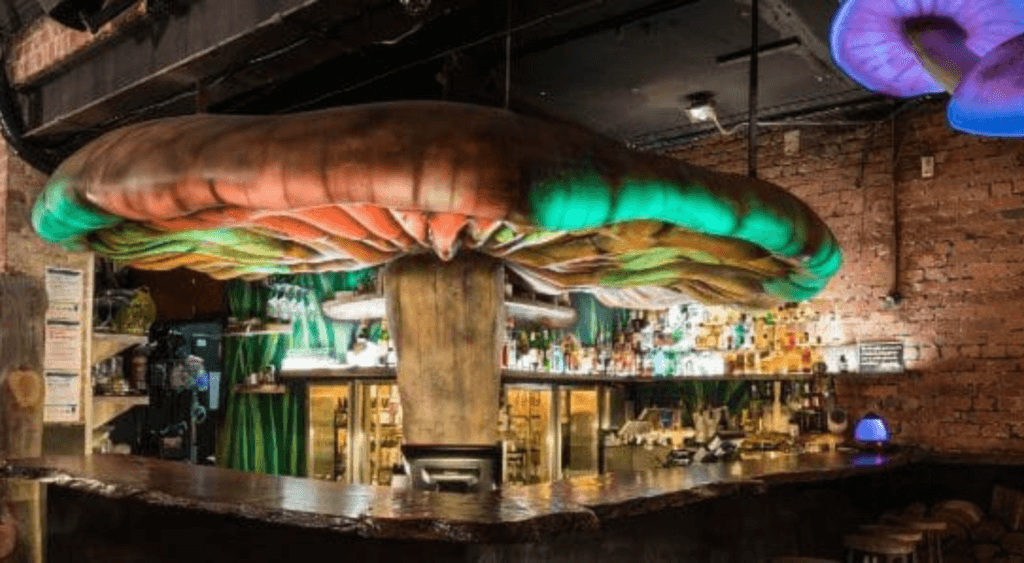
Speaking of giant, look at this 27 ft. (8.4m)-long skeleton. Moti Digital 3D printed this prop to feature in a Guadalajaran festival in Mexico.
3D printed skeleton prop by Moti Digital
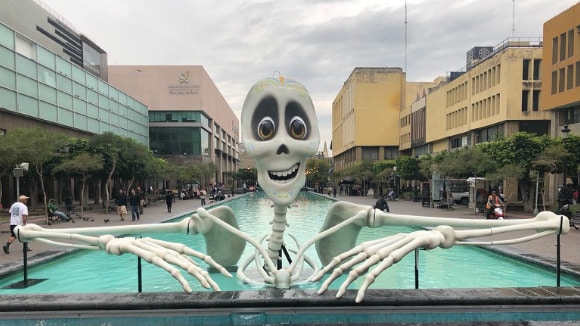
And in the United States, the number of Massivit printers serving the scenic fabrication and theme park industries is growing as these fabricators capitalize on the record-breaking speed of their Massivit 1800 printers.


